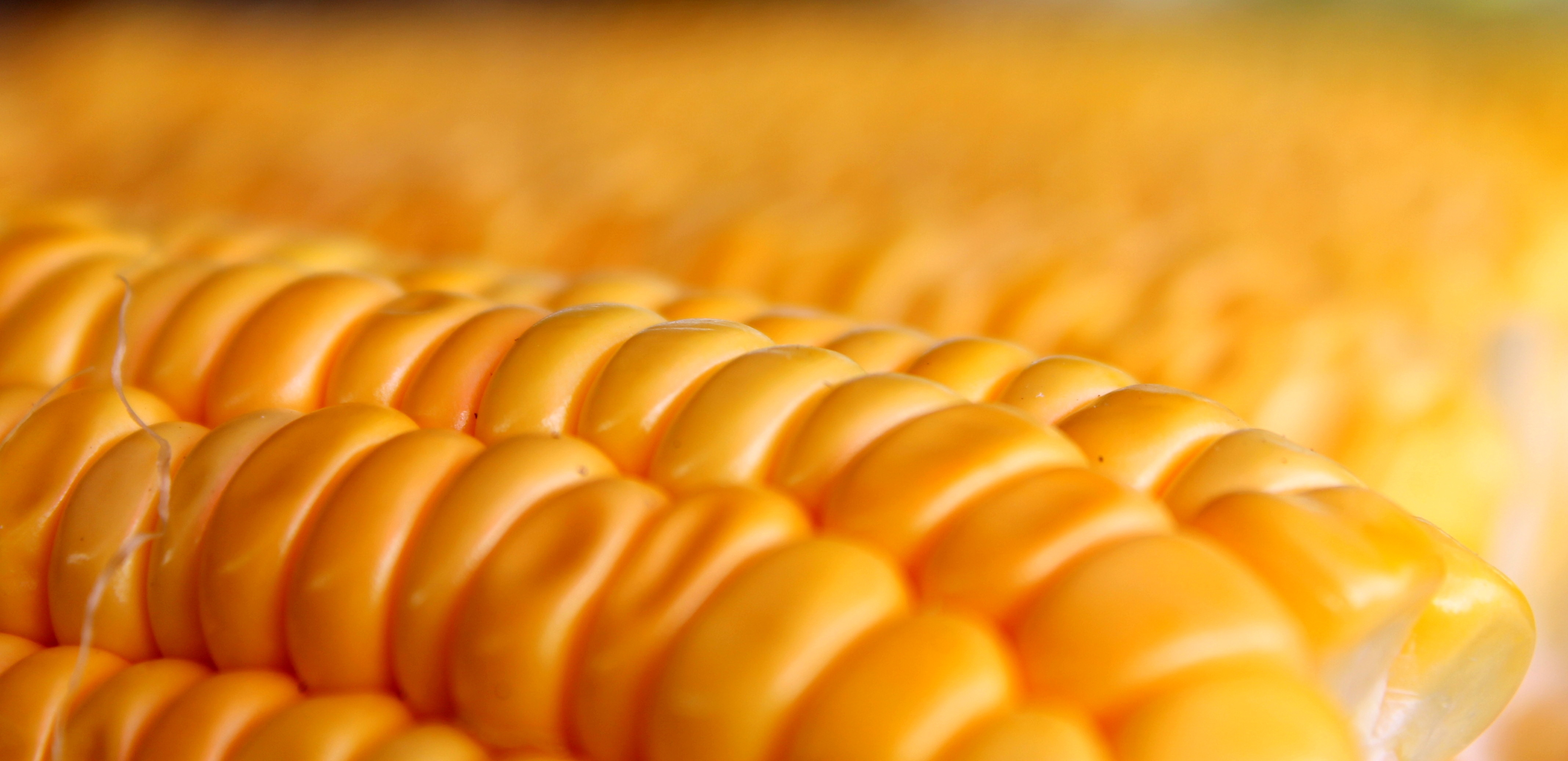
Features
Production
Research
Scientists hope to breed better-tasting sweet corn
September 27, 2018 By University of Florida Institute of Food and Agricultural Sciences

University of Florida scientists plan to use a $7.3 million, four-year grant to find the genetic traits that will make sweet corn taste even better, last longer and grow better.
Mark Settles, a professor of horticultural sciences at the UF Institute of Food and Agricultural Sciences, will lead the project. UF/IFAS researchers will also get help from scientists at Iowa State University, the University of Wisconsin, Washington State University and the USDA to conduct the study.
“What we want to do is find those genes that make sweet corn a tasty vegetable and be able to then use those genes in traditional breeding,” Settles said.
For example, researchers hope to boost the sugar levels of sweet corn.
“It’s a really popular vegetable. But there have been few game-changing innovations that would boost the taste and yield of sweet corn.”
Fewer than 14 per cent of American adults consume the USDA recommended amount of vegetables for a healthy diet, and overall, fruit and vegetable consumption is declining in the U.S., Settles said.
“As the fifth most popular vegetable in America, sweet corn is no exception to this trend,” he said. “However, demand for fresh market and frozen corn is increasing, relative to canned corn, and breeders need to be able to provide the best sweet corn seed possible.
“Both fresh and processed sweet corn must meet consumer desires for taste, appearance and convenience,” Settles said. “Many quality traits are best addressed through the genetics of sweet corn varieties.”
Through test panels run by Sims, researchers will find out tastes, aroma and texture that consumers like. As study participants sample the corn, they’ll also tell how much they’d be willing to pay for it, which makes up the economics portion of the research, Settles said.
To get started on finding the best genetic traits, scientists will screen existing sweet corn seeds to find genes that, among other things, help corn grow right after planting, Settles said. This will be particularly helpful for organic farmers, he said.
They also hope to try to beat back any pests.
Lastly, scientists seek genetic traits that make corn last longer on grocery store shelves and requires less pesticide use, Settles said.
“We also want to make corn taste good for longer,” he said.
Print this page